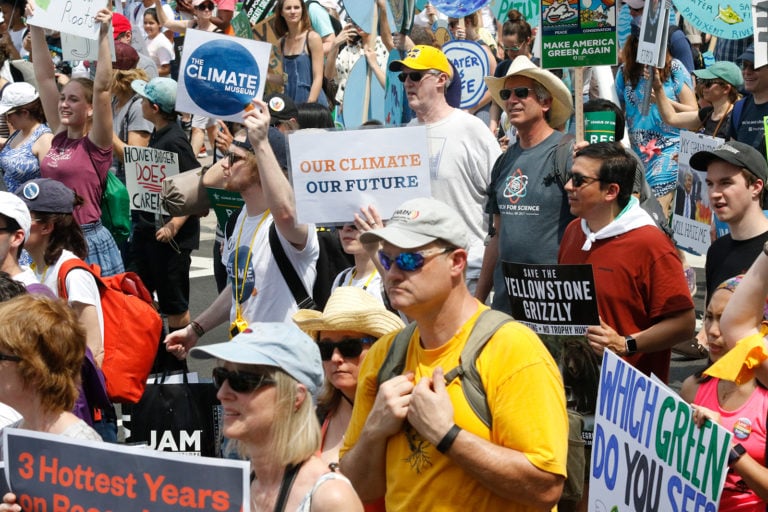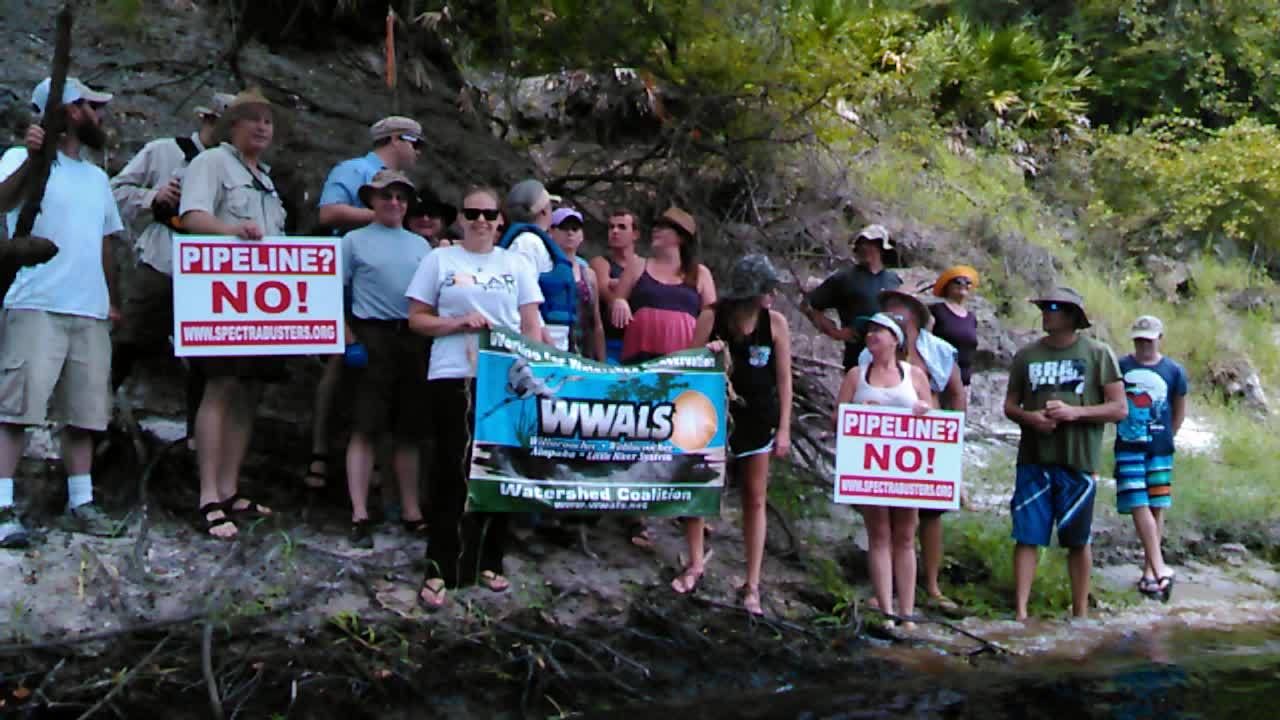Suwannee Riverkeeper is one of the many signatories on this Waterkeeper Alliance first 100 days plan:
With the Biden administration set to assume power next month, we’re strategizing what the next four years will mean for our movement to protect clean water and a healthy environment. We cannot celebrate until every environmental protection is restored and strengthened.
As the new administration prepares its plans for the next four years, it’s essential that key clean water and climate priorities are addressed at the outset. The first 100 days of Biden’s presidency will set the stage for the administration’s environmental policies — they must get things right from the start.
The last four years have posed immeasurable challenges to environmental protection — devastating more than 100 environmental safeguards and undoing decades of progress in the fight for clean water and a sustainable planet.
We have a plan to right those wrongs and chart a new course — one that puts clean water and a healthy environment front and center. And, as always, we’ll need your help to execute it.
Our asks for the Biden administration’s first 100 days are:
- Protect Public Lands and Waters from Fossil Fuel Extraction: Ban new fossil fuel leasing and permitting on publicly owned federal lands;
- Prioritize Environmental Justice: Immediately prioritize reversing the grave systemic damage done to environmental justice policy and enforcement in the United States over the past four years and charting a new just and equitable course for the 21st century;
- Issue a New Executive Order to Restore the Clean Water Act: Expedite the process for repairing the broken definition of “waters of the United States,” repealing the Trump Dirty Waters Rule and replacing it with science-based protections for our waterways, and reinstating state and tribal authority and public participation rights under section 401 of the Clean Water Act;
- Restore the National Environmental Policy Act (NEPA): Repeal Trump’s NEPA rollback and strengthen public participation in projects impacting the environment; and
- Rescind Trump’s Most Damaging Environmental Executive Orders: Revoke executive orders that directed all federal agencies to roll back our environmental protections in favor of the outgoing administration’s pro-polluter agenda.
These are the issues that will guide our advocacy efforts as the new administration assumes leadership — the same issues that the Waterkeeper movement has been advocating for for years. It’s now on all of us to ensure they become priorities of the new administration.
Show your support today by signing on to our proposal for the Biden administration’s first 100 days. We need each and every one of you to join in the fight for drinkable, fishable, swimmable water.
Follow this link to sign on:
http://action.waterkeeper.org/landing-pages/tell-biden-its-time-to-put-clean-water-and-a-healthy-environment-front-and-center
You may also want to ask for repeal of this EO, which promotes mining at the expense of everything else, including environment and property rights:
Executive Order 13817 of December 20, 2017 (A Federal Strategy To Ensure Secure and Reliable Supplies of Critical Minerals)
That EO is being used as an excuse by the Alabama company that wants to mine titanium far too near the Okefenokee Swamp in Georgia, which also affects Florida directly. Continue reading


![[Third-party inspection, recission, stay, SEIS]](https://www.wwals.net/pictures/2020-07-20--wwals-brief-ferc-sabal-trail-phase-ii-rehearing/big/2020-07-20--WWALS-Brief-CP15-17-005-0001.jpg)
![[Statement on Environmental Justice]](https://www.wwals.net/pictures/2020-06-08--wwals-statement-environmental-justice/big/2020-06-08--WWALS-Statement-Environmental-Justice-0001.jpg)
![[Project Location Map]](https://www.wwals.net/pictures/2019-01-17--stt-phase-ii-request/20190117-5096-33348792-0040.jpg)

